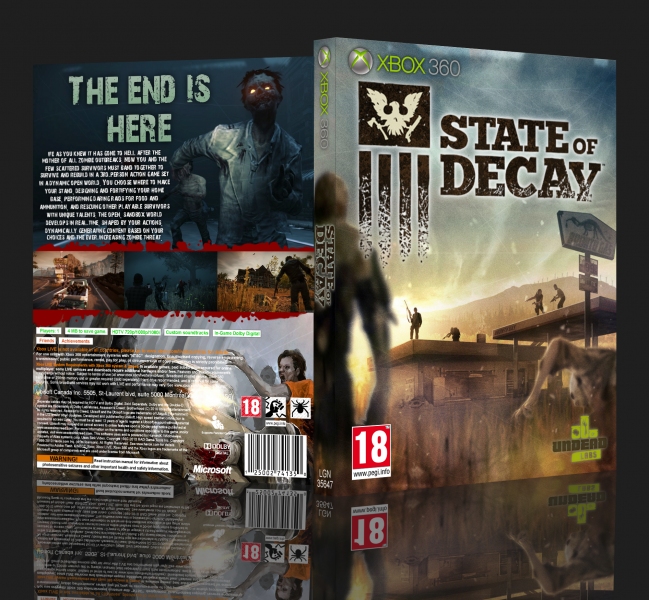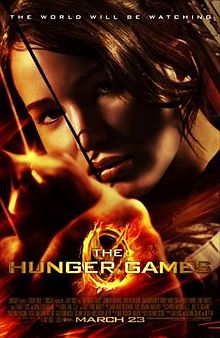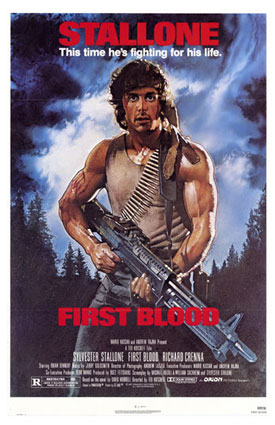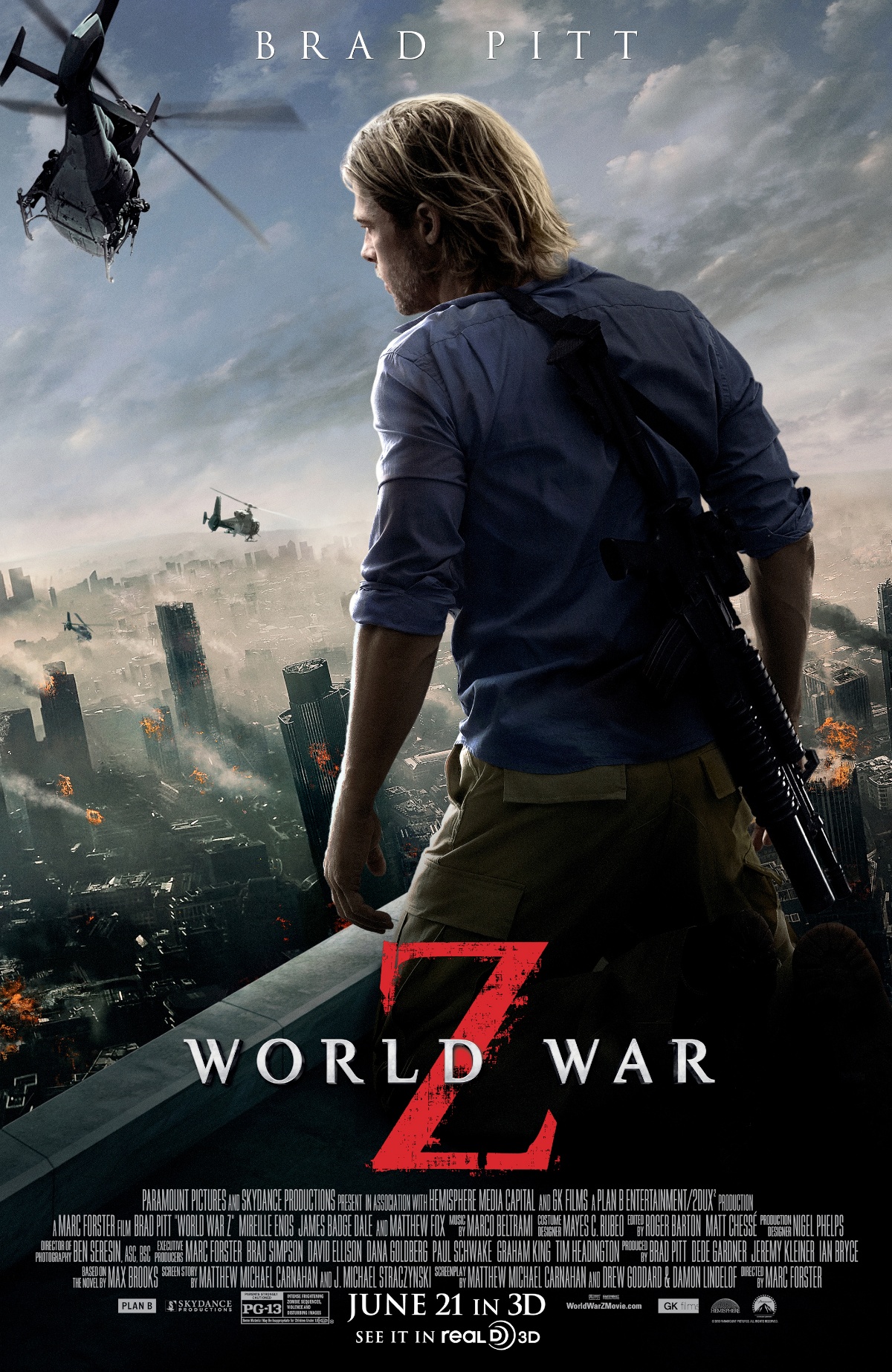You know, I count myself amongst those who greeted the news of Microsoft’s plan for the future of its console gaming with… disappointment. Okay, more accurate to say that the “One” in “Xbox One” could be analogized to one finger. My middle finger. Extended vigorously.
Will I buy a PS4 instead? I don’t know. I’ve been a 360 junkie for years. It gave me everything I wanted. Courtesy of services like Xbox Live Arcade, it even gave me games I didn’t know I wanted but, when I found them, turned out to be fantastic little gems well worth their bargain price. Another reason for the middle finger is that as of this writing, Microsoft appears to be planning to greatly scale back the support they had for getting these low-cost independent titles out to the gaming public. Between that, and the used/rental gaming restrictions, and the mandatory Kinect driving the price through the roof, it’s like a concerted effort to destroy everything I liked about their product.
But I digress. The Xbox One and all the news surrounding it represents the unfortunate future. For now, I still have my 360, and I still have Xbox Live, and because of that, I have State of Decay.

PC Gamers will have to wait for an as yet unspecified future release, but if you’ve got Xbox Live and are a zombie fan, I highly recommended at least downloading the free trial. Even then the trial barely scratches the surface of what makes this game interesting, but it was enough that (along with the positive reviews it’s been getting), I was willing to plunk down the $20 to unlock the full version.
What are you getting? The zombie survival sandbox game we always wanted, and this little bastard snuck up on me as surely as any zed hiding hungrily in the bushes.
Well, let me dial back a bit. We’ve had open-world zombie games in the past in series like Dead Rising or Dead Island, but this one comes from a community and resource management focus the others lack. You start off quite literally in the midst of the action as you and your friend Ed have returned from a remote mountain fishing trip to find “crazy people” trying to eat you. That done, you guide your protagonist Marcus Campbell as he and Ed sneak or fight their way to the local Ranger station and find some more survivors there who fill you in just enough that you know things are seriously wrong. Another chance encounter soon after has you meeting Maya, a lady soldier who joins you and turns out to be someone you can actually switch back and forth to as a playable character.
Now at first, I thought this was a neat gimmick to enable people to play either a male or female protagonist, per their preference. You will eventually find out it goes much deeper than that. As the game opens up past the tutorial area, you’ll get involved with an even larger group of survivors holed up in the makeshift fortifications of a town church, and as you earn their trust, more and more of the roster will flip to “Friend” status, making them playable as well.
Cute, huh? No, crucial. For one thing, no one is safe from permanent death, including Marcus and Maya. Get them torn apart by a horde or caught too close to an exploding car? They’re gone forever. Even if they don’t die, after a certain amount of running around and fighting, they’ll get fatigued, or get injured, and you’ll be well advised to switch off to someone else so they can recover (otherwise losing them for good is going to be much more likely). This is without even getting into later circumstances like people becoming ill or going missing.
So you want to make nice with other survivors in the area as well, since sometimes a timely rescue will convince them they’d be better off joining forces and you’ll get a new friend out of it. But here’s the other problem… you need to make sure you have the supplies and facilities to support your burgeoning crew of survivalists. There’s a resource and base management game at play here, too, as you make dangerous scavenging runs to find the stuff you need and then make choices on whether to upgrade your medical tent now or wait on that while you fortify your lookout tower.
The survivors aren’t faceless and interchangeable, either. Every one has a name and a unique set of skills and traits, some of which are there for nothing more than flavor… for example, skills improve with use, but the guy with the five star rating in Reality TV Trivia hasn’t gotten much chance to impress. On the other hand, despite starting with no real combat skills he’s now become one of my go-to badasses, which makes me glad I actually went through all the trouble to nurse him back to health instead of taking the option to shoot him in the head. Occasionally a survivor will talk to you and tell you little snippets about their lives… which makes it pretty personal when you start having to make decisions like exiling them for coming down with an incurable illness. Will the community’s morale suffer? And for that matter, will you be losing the lady that helps keep your machine shop running with her tools expertise?
Speaking of which, despite constant teases of armed conflict with other survivors, I have yet to have to fight the living. I know it’s a big trope of the genre (hell we’re using it ourselves), but it’s kind of refreshing to have the zombies remain your biggest threat, especially with all the other things you have to manage. Combat is arguably fairly simplistic (at least until you start unlocking special moves), but for me that drives home the feel of guiding a group of mostly regular Joes and Janes through very bad circumstances. There’s still plenty of zombie killing action, though I’ve found a good sideswipe from a moving car door can be much safer in thinning out a horde than trying to fight hand to hand. And of course with the guns you have to shoot zed in the head, and every shot makes noise that might bring more. One zed is easy to deal with. Six? You might want to run, and pray your stamina holds out long enough to reach a place to hide.
This review is still only scratching the surface of what State of Decay has to offer. It’s engrossing stuff. If anything, at any given moment you may just feel overwhelmed by the constant problems that need to be addressed, and I’ll admit I’ve let a few strangers die when they got themselves in trouble in some remote corner of the map. I’ve been caught out in the boonies as hordes converged on my home base and had to pray the defenses would hold. And there’s one more thing I should mention…
The game world doesn’t stop just because you aren’t there. The devs have tried to strike a balance between immersion and frustration with that feature, since both good and bad events can happen, but yeah, I’ve been offline for over a day now and have no idea what’ll be waiting for me when I come back. My biggest worry is that I had to log off with my daily materials needs being bigger than my current stockpile… will something end up collapsing? I don’t know.
But hey, if you felt safe, secure and happy all the time, it wouldn’t be much of an apocalypse simulator, would it? And you only ever get one continuous save. Screw up too bad and you may have no option but starting all over. Thankfully for me that hasn’t happened. Yet. But it sure keeps me on my toes.
If State of Decay has one major flaw for me, it’s that it leaves a lot of its game features undocumented, including what I consider some basic needs like how to choose skill specializations once you unlock them. It’s not always practical to be combing through menus trying to figure out how they all work while the game clock is ticking away, and some of the tutorial pop-ups only come up once, so there may be a certain amount of aggravating trial-and-error, or at least combing wikis and forums. To a certain extent it’s thematic to simulate that no one knows what the hell they’re doing by keeping the player in the dark, but I think there could be at least a few more nudges in the right direction, especially given that aforementioned situation of only one save per game session.
But if you’ve been waiting for a good “real-time” simulator of what it might be like to guide a ragtag group through the zombpocalypse a la The Walking Dead, pick this up. Especially with that $20 price tag, I’m so far finding it entirely worth the buy.









 So this last week, I addressed an odd quirk in my movie experiences regarding the
So this last week, I addressed an odd quirk in my movie experiences regarding the 
